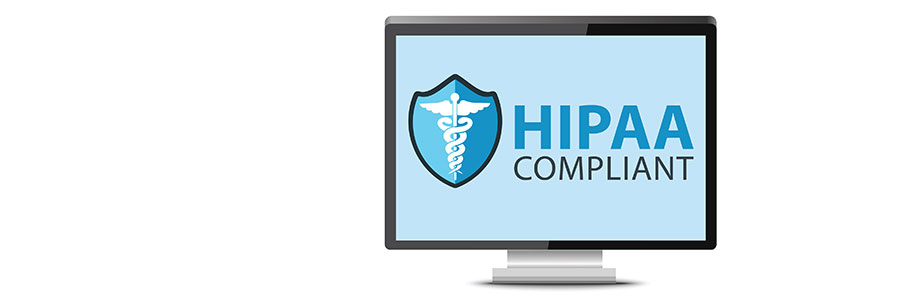Cloud computing has revolutionized the way businesses operate, and practices in healthcare are no exception. Cloud-based solutions offer many benefits over traditional methods, including reliability, convenience, security, and scalability. In this blog post, we will discuss some of the main advantages of cloud computing in the healthcare industry.
Cloud computing in healthcare: 5 Benefits you can’t ignore
What is the value of managed IT services in healthcare?

The healthcare industry is relying on tech more than ever. Between implementing telemedicine, adopting data management best practices, and juggling countless other recent tech developments, managing business IT is a complex task, and so is best done by a managed IT services provider (MSP). Let’s explore the benefits of partnering with one:
MSPs guarantee quick response times
Constant system uptime and availability can be a matter of life and death in the healthcare industry, which makes quick IT support response times crucial for any healthcare practice.
Are you HIPAA-compliant? 4 Things to look into

Health Insurance Portability and Accountability Act (HIPAA) regulations pertaining to IT have become much clearer over the past few years, but there are still a few areas in which your office might not be compliant. This isn’t necessarily because of negligence on your part, but rather a lack of understanding of the requirements.
How does social media usage affect HIPAA compliance?
Protecting healthcare providers from insider threats
Why healthcare companies need mobile device management
Cloud solutions have long-lasting value in healthcare

Healthcare organizations should no longer be hesitant when adopting cloud computing, as the technology has become more ubiquitous and easy to use. If you know how to manage the cloud properly, it can even surpass the reliability and security offered by on-site IT. Here are just some of the business benefits of cloud computing.
What an MSP can do for healthcare providers
4 Facts about HIPAA and your IT

Health Insurance Portability and Accountability Act (HIPAA) regulations pertaining to IT have become much clearer over the course of the past few years, but there are still a few areas in which your office might not be compliant. This isn’t necessarily because of negligence on your part, but rather a lack of understanding of the requirements.
Why healthcare needs cloud computing

If the primary focus of your healthcare practice is delivering high-quality patient care, then cloud computing is an essential tool for you. It is more reliable, convenient, and secure than offline solutions, which means it should be a top priority.
Easy information access
The increasing demand for doctors’ time means they have less time to review patient records.






You must be logged in to post a comment.